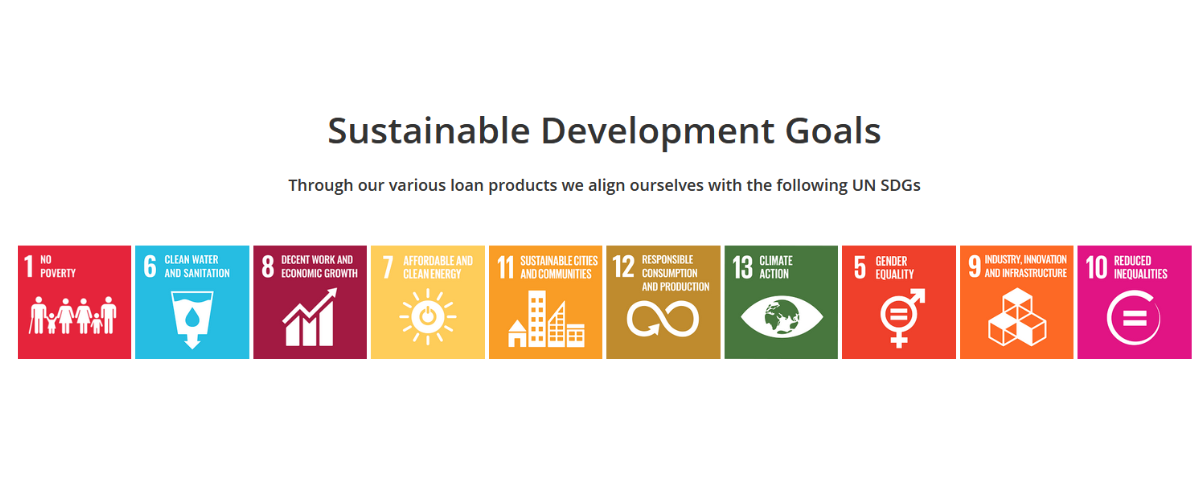ESG
- ESG
Driving responsible growth through sustainability, ethics, and transparency.

ESG
- Environmental, Social, and Governance (ESG) represents a set of standards that organizations follow to operate responsibly and sustainably. Environmental criteria consider how a company safeguards nature, including energy use, waste, and climate impact.
- Social aspects focus on how it manages relationships with employees, customers, and communities. Governance deals with leadership, audits, internal controls, and shareholder rights. Embracing ESG principles not only strengthens corporate integrity but also builds long-term value, trust, and resilience in a rapidly evolving global economy.
- ESG factors are becoming increasingly important for investors, regulators, and consumers who expect businesses to contribute positively to society and the planet. Companies that align with ESG principles are often seen as more resilient, better managed, and prepared for long-term success. Beyond compliance, ESG integration reflects a company’s commitment to responsible growth, risk mitigation, and ethical leadership in a globalized economy.
Environmental
- Environmental responsibility involves actions taken to protect and preserve the natural world. It includes reducing waste, lowering emissions, conserving water and energy, and promoting sustainable practices.
- Organizations committed to environmental stewardship strive to minimize their ecological footprint by using renewable resources and supporting biodiversity. These efforts contribute to combating climate change, protecting ecosystems, and ensuring a healthier planet for present and future generations.


Social
- Social responsibility focuses on how organizations impact people and communities. It involves promoting diversity, equity, and inclusion, ensuring fair labor practices, and supporting employee well-being.
- Companies also engage in community development, education, and healthcare initiatives. By fostering a positive social impact, organizations build trust, strengthen relationships, and contribute to a more just and equitable society, while aligning their operations with the broader needs of humanity.
Governance
- Governance refers to the systems, principles, and processes that guide a company's leadership and decision-making. It emphasizes transparency, accountability, ethical conduct, and compliance with laws and regulations.
- Strong governance ensures that a company operates with integrity, manages risks effectively, and protects stakeholder interests. By maintaining robust governance structures, businesses enhance investor confidence, prevent misconduct, and support sustainable long-term growth aligned with environmental and social responsibilities.


First-time entrepreneurs financed under MSME segment
0
%

Households now own a four wheeler or auto rickshaw for income generation
0
%

Homes powered by clean solar energy for lighting or appliances
0
%

Clients report employment generation via their funded businesses
0
%

Women-led businesses funded through MSME loans
0
%

Clients report monthly income has increased after loan utilization
0
%

